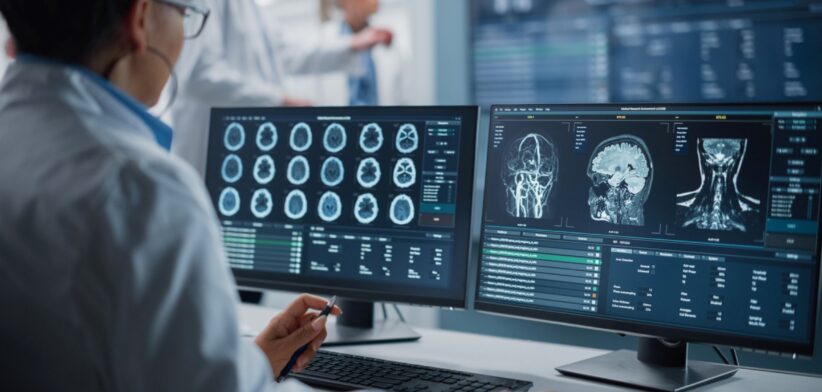Repeated head knocks have been found to activate dormant dementia-inducing viruses in the brain, opening the door to possible new treatments.
A study has found that head injuries, such as those induced in sports and the military, re-awakened the viruses in the brain that triggered the onset of conditions including Alzheimer’s Disease (AD) and dementia.
University of Manchester Professor Ruth Itzhaki said head injuries were already recognised as a major risk factor for those conditions.
“But this is the first time we have been able to demonstrate a mechanism for that process,” Professor Itzhaki said.
She said previous studies had shown that common viruses, such as herpes simplex virus type 1 (HSV-1), known as the cold sore virus, and the varicella zoster virus (VZV), which causes chickenpox and shingles, could lead to the development of AD.
“HSV-1 can lie dormant in human cells for a lifetime, but when it re-awakens it can cause changes that resemble changes observed in AD patients’ brains.”
Professor Itzhaki said in the latest study researchers used a 3D, bioengineered human brain tissue model to test the effects of physical trauma on the brain cells.
She said when the brain tissues were exposed to repeated “mild blows,” similar to concussions, the previously dormant HSV-1 virus became active.
“This reactivation triggered inflammation, beta-amyloid plaque build-up, and the formation of harmful tau proteins, which can damage brain cells and impair memory.”
She said researchers also found that blocking an inflammatory molecule called Interleukin-1 beta prevented many of these harmful effects in lab models, opening the door to potential new treatments for those at risk.
“Understanding both the risk factors for dementia and Alzheimer’s, and the mechanism by which they develop, is important in being able to target treatment and prevention at as early a point as possible.”
Read the full study: Repetitive injury induces phenotypes associated with Alzheimer’s disease by reactivating HSV-1 in a human brain tissue model.








